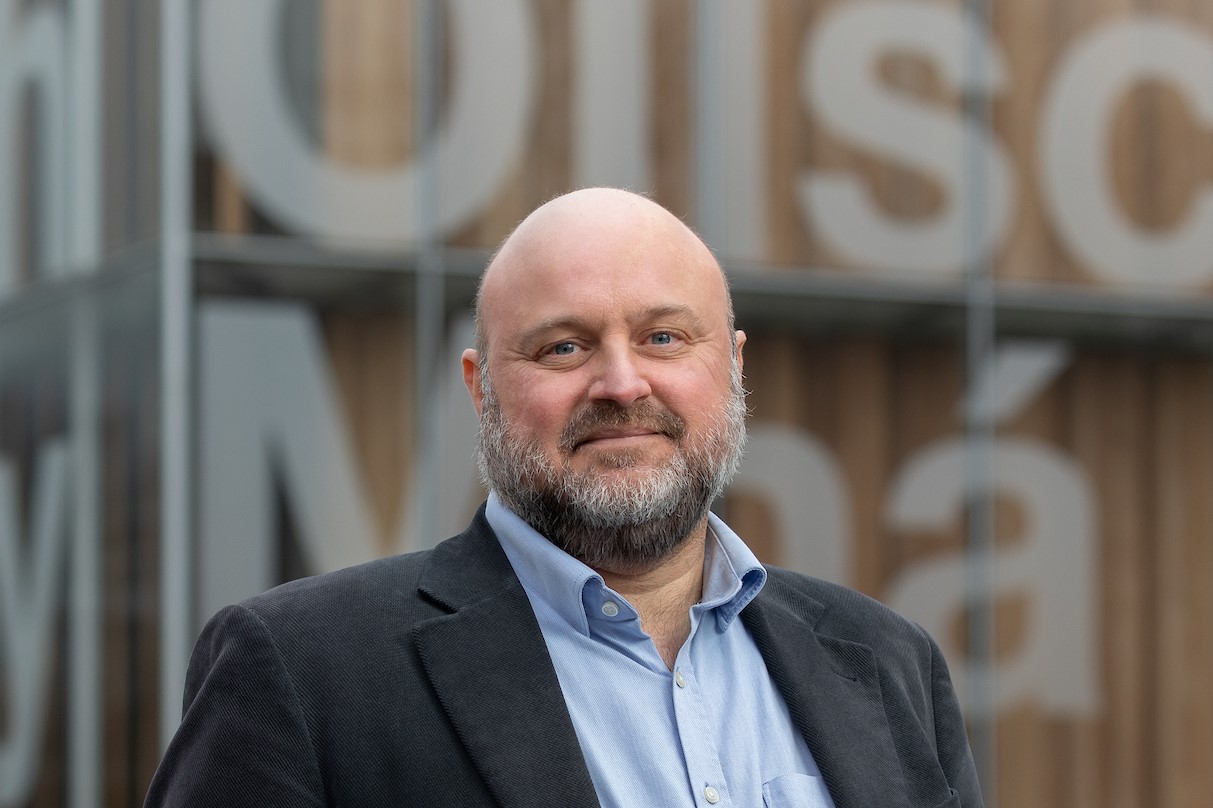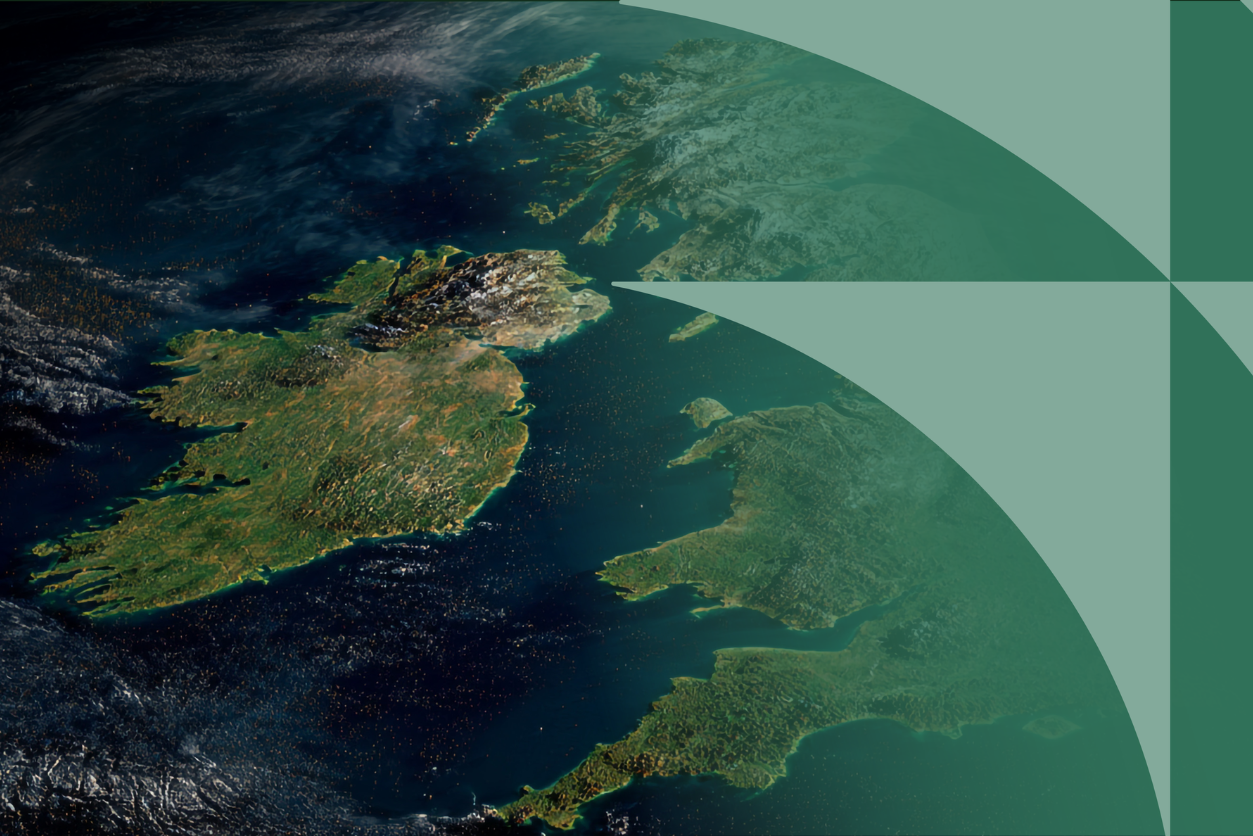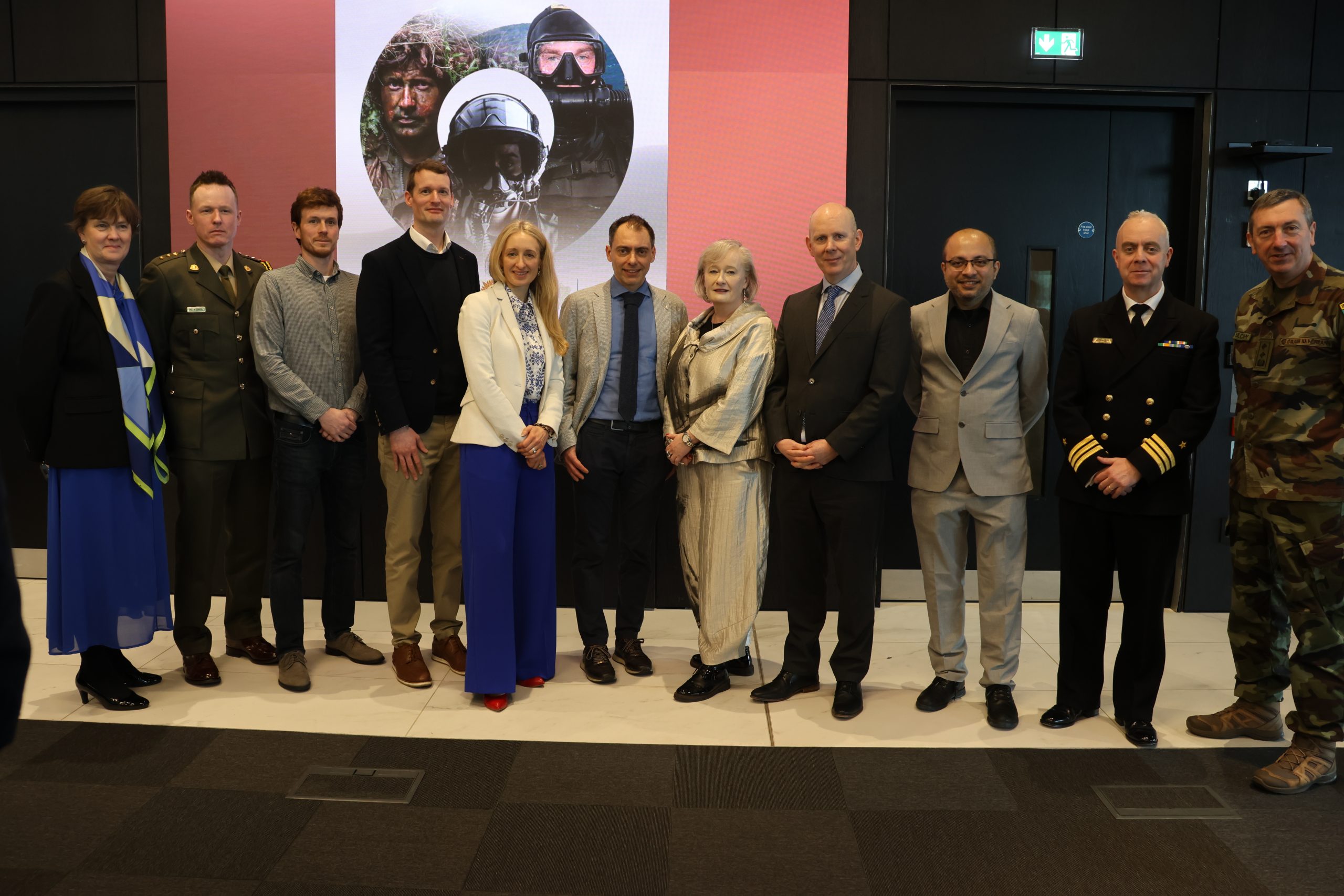An open, connected system that supports researchers across disciplines

Ireland has an openness and connectivity that makes it easier to carry out multi-stakeholder research.
That’s according to social scientist Professor Rob Kitchin, whose academic career in Ireland has witnessed many welcome changes in Ireland’s support for open, interdisciplinary research.
“The investment into research really took off in Ireland in the late 1990s and early 2000s, just after I moved here,” he says. “And the infrastructure, centres and networks that have evolved create the opportunities we see today for researchers across disciplines in Ireland.”
Originally from The Wirral near Liverpool, Rob started his academic career in England before moving to Queen’s University Belfast and then Maynooth University in County Kildare, where his research into data and society has thrived for almost three decades.
“We look critically at data practices and politics,” he explains. “We analyse data systems and their human and technical elements, and how data-driven decisions impact people.
As Professor of Human Geography in Maynooth, Rob has founded and led numerous initiatives that focus on digital governance and the power of making the data visible and accessible.
They include the All-Island Research Observatory (AIRO), founded in 2005, which supports evidence-informed planning in Ireland and the Programmable Cities project (2013-2018), funded by the European Research Council, which explored and visualised the impact of administrative and real-time data, algorithmic systems and digital infrastructures on cities, focusing on Dublin and Boston.
“We visualise data so people can view and use it in new ways, and we analyse the data systems and the politics and practices around them,” explains Rob.
A major output of the research was the Dublin Dashboard, a suite of visualisation tools that drew on up-to-date data from the four Dublin local authorities, the Central Statistics Office and Irish government departments.
That work grew further through a project called Building City Dashboards, funded by Science Foundation Ireland (now Research Ireland), and segued into a major new initiative funded by a second European Research Council Advanced Grant awarded to Rob in 2022.
This project, Data Stories, is mapping the data ecosystem and politics that underpins planning and property in Ireland. “We are mapping out all the sources of data and what they measure for about 100 organisations and how data flows between them,” he explains.
By its nature, Rob’s work at Maynooth University Social Sciences Institute brings together numerous academic disciplines and societal stakeholders, including local, regional and national authorities, consultancies, NGOs and voluntary and community organisations.
This is where Ireland’s connectivity is key, he notes.
“One of the big pluses in Ireland for research is the ease of access to decision-makers in local and regional authorities and government-level departments, and how open people are to hearing about the data and insights,” says Rob. “In Ireland it is also relatively easy to engage with the public, including building up a media profile.”
The broader research ecosystem in Ireland also provides a variety of opportunities for researchers, he adds: “As a researcher you can get access to many different infrastructures, pathways and multi-jurisdictional supports, and you can access both domestic and European funding. That is very attractive for a researcher looking to build their group and career.”
Minister for Further and Higher Education, Research, Innovation and Science, James Lawless TD, recently announced the launch of Global Talent Ireland, a bold new initiative to attract outstanding international research leaders to Irish Higher Education Institutions and public research bodies.
Managed by Research Ireland, Global Talent Ireland will support the recruitment of both mid-career rising stars and established research leaders. The programme will fund research across all disciplines within Research Ireland’s remit, with a focus on strategic areas of importance to Ireland, and provides the resources needed to establish or relocate world-class research teams in Ireland.
A two-stage application process begins with an Expression of Interest (EoI) due by 28 August 2025, followed by a full proposal deadline in October 2025. Full details can be found here.


